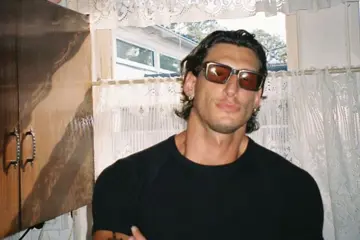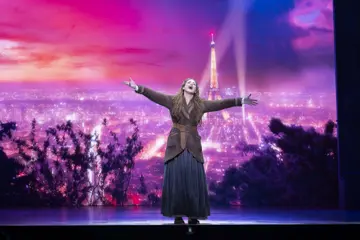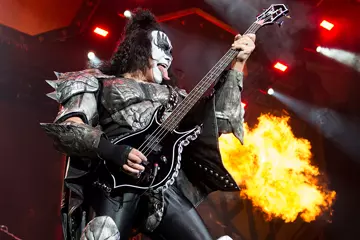He’s best known outside the UK for his contribution, as an actor and a songwriter, to the 1972 Jamaican crime thriller, The Harder They Come, for which he wrote the title track.
However, by then Jimmy Cliff had already been a hitmaker for a decade, scoring his first hit, albeit only in Jamaica, with a tune titled Hurricane Hattie, when he was just 14.
“Well you know something?” Cliff begins, on the line from Miami, recalling his audacity in fronting up to the only real recording studio in Kingston, Jamaica, and telling the owner, Leslie Kong, he should make a record. “In the life, you just do what you have to do. You know, if I hadn’t done that, coming from where I’m coming from [St James Parish], out of a ghetto situation, and not wanting to live the way I see some of my friends live… and they’re not around anymore – something like that said, ‘I gotta do this,’” he chuckles. “I was pretty confident, but when you find yourself in a situation, you’d better step up to the table.”
His latest album, 2012’s Rebirth, was produced by Rancid frontman Tim Armstrong, the collection a mix of Jimmy Cliff originals and some choice covers, including The Clash’s The Guns Of Brixton and Rancid’s Ruby Soho.
“Reggae music was quite influential on punk music, because the political/social aspect of it is parallel to each other. So it was very interesting. I had quite a few songs, but we did write quite a few as well while we were going along.”
Don't miss a beat with our FREE daily newsletter
Alongside tracks like Reggae Music, which recounts that first meeting with Leslie Kong, there are songs of social commentary like Children’s Bread, inspired by a tour through West Africa.
“Reggae music was quite influential on punk music, because the political/social aspect of it is parallel to each other."
“Indeed it’s a very important message. The social aspect of my career, my writing as an artist and all of that is something that comes very natural. I’m sensitive to it and they do come natural. Unfortunately, we have to find a way to use the resources of Africa more wisely, to help all the people, and I hope that our leaders wake up and have a more collective thinking for now in the future, ‘cause I think that is one of the problems, is individual thinking. Even in Jamaica, life has improved… for some. For quite a lot, life hasn’t really changed that much since I was a boy, you know? That’s another thing we are striving to work on, to see that our leaders again, in Jamaica and the Caribbean, think more collectively.
“But you know, this thing of ‘politics’? I looked up the word ‘politics’ and I saw that ‘poli’ means people, and ‘tic’ is a blood-sucking parasite that prays on lives of others, so essentially, the nature of politics is like that. So you might get one or two people go into the arena of politics with a good intention, but once you get into that arena, boy they change overnight. That’s the thing right here we have to work on.”















